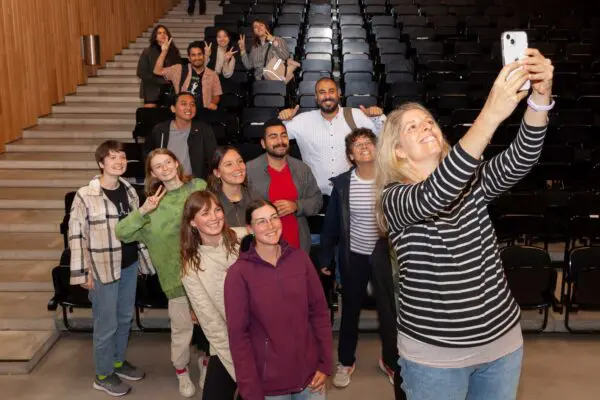
Pisa, Italy
Digital Tools for Humanists. Fundamentals & AI
When:
25 May - 30 May 2026
Credits:
3 EC
Read more
Communication, Media and Journalism
When:
19 August - 30 August 2024
School:
Institution:
Maastricht University
City:
Country:
Language:
English
Credits:
2 EC
Fee:
499 EUR

How do you make sense of the wide variety of perspectives in the media? For example, how can we interpret newspaper coverage of the War in Ukraine, tweets by Elon Musk, or Instagram posts on climate change, food, and migration? This course offers you academic yet practical answers to these questions. It teaches you the analytical skills to study the possible meanings of textual and visual media representations.
Interactive lectures raise your understanding of concepts and methods, helping you examine what combinations of words and/or visual elements could mean in terms of a broader debate in society. These lectures further teach you how national identities and power relations affect the interpretations of media representations. Your individual assignment concerns a short paper, in which you apply a method to study one or two news articles, short YouTube videos, or social media posts. You will write and present this paper during this two-week course.
Exclusively for this Summer School, Dr. Leonhardt van Efferink developed a template that helps you write a well-structured course paper. On top of this, he offers individual feedback in class and active personal tutoring by e-mail. Finally, his support includes a comprehensive framework to develop focused, consistent, and transparent research questions.
Dr. Leonhardt van Efferink
▪ The willingness, availability, and English writing skills to be able to work on your course paper during the course, next to attending online lectures on various days.
▪ Willingness and ability to give a few short online presentations in English during the course.
▪ Aimed at PhD students, for example in the disciplines of Media Studies, Journalism, Cultural Studies, Linguistics, Political Sciences, International Relations, Geography, History, Sociology, Economics and Business.
▪ Several Master and Bachelor students, as well as professionals, managed to get a PASS for the course in previous years. However, they were highly motivated and worked hard.
Please contact Leonhardt to discuss whether this course suits you if you are in doubt.
• Write a well-structured research paper in which you study media representations with textual and/or visual elements (e.g., newspaper/magazine articles with photos, cartoons, and Instagram/Twitter posts).
• Develop a research method that draws on critical discourse analysis, social semiotic analysis, and/or news framing analysis, in line with your research objectives.
• Formulate research questions that are clear, focused, and consistent, saving you a lot of time later in the research process.
• Compile a dataset for your thesis or dissertation that is manageable and relevant.
• Understand the complexity of text-image relations and their role in meaning-making processes.
• Explain the role of the national and ideological contexts in which (social) media content is being produced.
Fee
499 EUR, Tuition fee
When:
19 August - 30 August 2024
School:
Institution:
Maastricht University
Language:
English
Credits:
2 EC

Pisa, Italy
When:
25 May - 30 May 2026
Credits:
3 EC
Read more

Nottingham, United Kingdom
When:
13 July - 24 July 2026
Credits:
5 EC
Read more

Weimar, Germany
When:
15 August - 29 August 2026
Credits:
3 EC
Read more